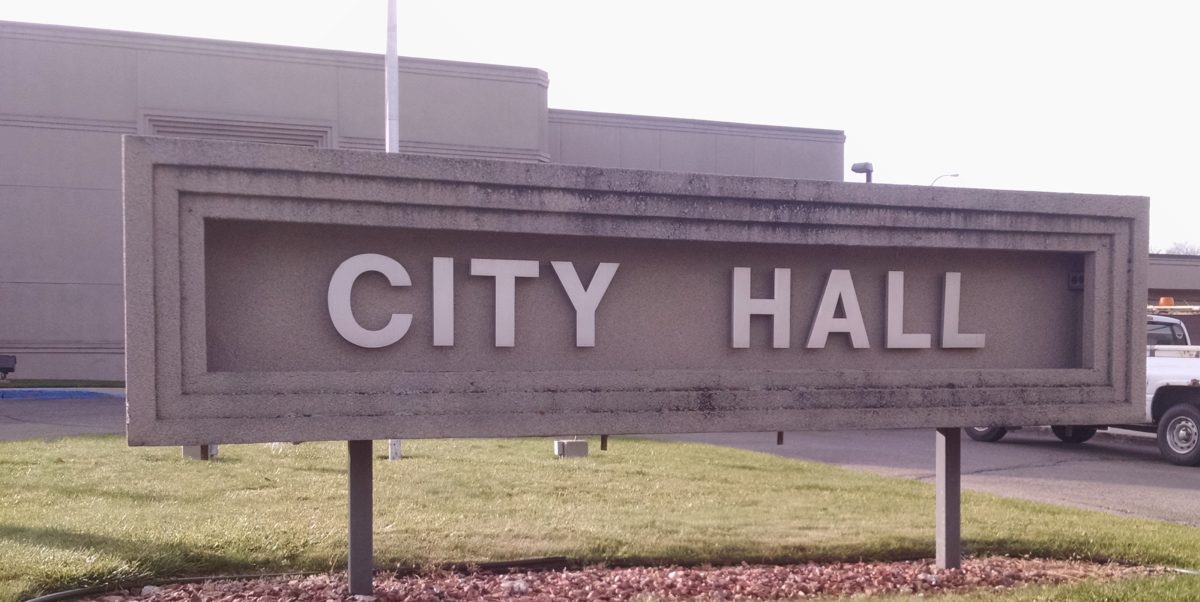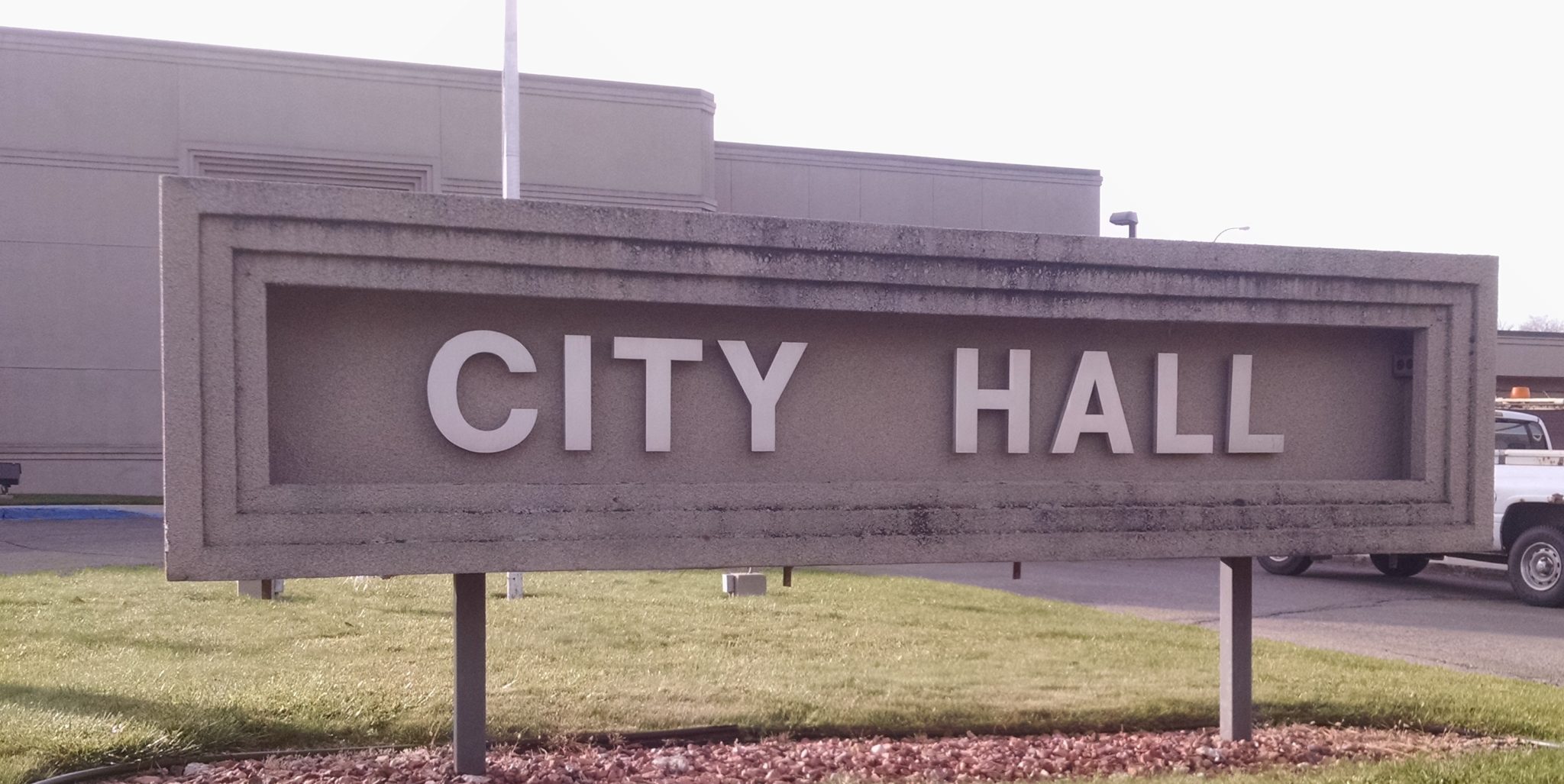Sometimes, maybe the best you can do is to make everyone angry.
With three months on the job as a member of City Council and now a budget under my belt, that’s my ‘lesson learned’ at this point.
And boy was that budget a doozy. If you’re not familiar with what’s coming your way, I won’t interpret your failure to contact me with your thoughts as tacit approval; I’ll assume you weren’t paying attention. And I’ll certainly be expecting your phone call in December when you get your tax bill.
If you’re not reading between the lines, your property tax is going up. I know you’re not happy about that, and in the off chance you care what I think, neither am I. I have to pay them too. But in spite of that, I believe we as a community finally got a smart budget. Here’s why I gave it my support.
We Finally Made a Real Commitment to Funding Flood Protection
In case you’re not aware, Minot floods. And we don’t just flood; we do it on a 40-day biblical scale. But there is a plan to get the vast majority of our valley residents protected. Is it perfect? Probably not. Is it the best plan we have right now? I believe it is. But it’s going to cost us — locally — about $336 million.
We’ve currently committed a half-cent of sales tax toward flood protection, but it’s abundantly clear that’s not enough. As of 2018, we’ll have 90% of one penny directed towards flood protection. In my opinion, there are still improvements that we can make to our basin-wide funding model, but as the construction of the project kicks off in earnest, we now have our local dollars in place to get the project going.
We Held the Line on Spending, Mostly
With revenues from sales tax on the decline, property values on the decline, the state buy down on property tax gone, and the need to find more dollars for flood protection, something had to give. Yes, your property tax bill went up, but it’s not because of runaway government or a huge spending increase — at least in this budget.
The metric I use to measure our relative spending success is the City’s General Fund. City budgets are complicated animals, and on a year to year basis, it’s not always easy to see an apple to apple comparison. The General Fund is a relatively consistent source of government services, and on that metric, we’re doing better recently than we were a few years ago.
To provide you a bit of historical context, in 2007, Minot’s General Fund spending was about $15 million. In 2012 it was $21 million. In 2016 it was $35.5 million. This year and next year, it’s closer to $34 million. Can more work be done to improve that number? Undoubtedly. But I don’t think we can do it in one budget cycle without dramatically impacting services you expect the City to deliver.
We’re Making the Changes
There were a lot of comments about spending dollars on the MAGIC Fund and community facility projects like the Zoo, the Dome and the Magic City Discovery Center as representative of misplaced priorities. I can appreciate those arguments; they’re rational and cogent. But to spend those tax dollars that are being collected this year under our current law differently requires us to change the rules of the game in the middle of it. Call me old-fashioned, but I believe one of our duties as elected officials is to make sure the City follows the laws it sets for itself. Are our sales tax ordinances out of date? Yes, I’ve made that argument many times. But that doesn’t mean we can just spend those dollars however we want.
That said, if our laws are broken and not serving us well, then we as Council are empowered to change them. And we made those commitments. In the 2018 budget, we’re going to reallocate dollars away from the MAGIC fund and Community Facilities toward flood protection. Plus, we’re taking up the larger conversation on economic development to see if our methods need to change in light of Minot’s new circumstances.
We Showed a Little Backbone on Recycling and Raises
Not that we should get much credit for ‘a little,’ but it’s worth noting that the feel-good but expensive recycling program is now on hold. Perhaps we bought enough time to find a unique solution for Minot that serves both the financial challenges that come with recycling on a rural prairie outpost and our desire to be better stewards of our natural resources and the environment. If not, I hope we’ll use the time to confirm the current plan is our absolute best option. We need a community organized recycling effort. Not only is it the right thing to do, but it also sends a larger message to outside businesses and people looking to locate in Minot that we’re not disturbingly behind the times.
And further along the lines of ‘a little,’ we told our employees a good solid partial no on raises. A partial pay raise may seem like no big decision, but if that’s how you feel, please come and sit in my chair and say that to our police officers, our fireman, and other hardworking, dedicated employees. These are professional people who’ve agreed to work for the City based on an existing pay policy. In this budget, we unilaterally changed that policy for 2018. Holding the line on a half raise for City employees did not amount to a windfall for citizens, but it did send the signal that we as the City of Minot and our employees will share — at least in part — in the misery of these difficult financial times.
What’s perhaps more important is the Council’s resolve to take a closer look at the City’s pay plan and possibly move it from an automatic percentage-based increase to more of a merit-based system. I can’t speak for other Council members, but in this my first budget cycle, I found our pay plan frustrating because of the manner in which it distributed precious resources and made changes difficult to implement. I’m looking forward to making it a part of our past.
Finally, an Honest Budget, Mostly
That ‘heading’ above this sentence is my opinion, of course, and I do not doubt that other members of Council who’ve worked hard on past budgets would take exception to that statement. But from my perspective, this is the first year in many that we’re being forced to look at the full cost of our government. This is the first year in many that we’re not playing a shell game with our sales tax dollars and fooling ourselves into thinking we’re acting responsibly because we held taxes flat.
But there’s still that ** mostly ** qualifier. There’s still 40% of a penny of sales tax sheltering you from the full brunt and cost of our government. And that’s just the amount that’s allocated to direct property tax relief. There’s also the capital improvements funds which add up to another 65% of a penny in government spending that we as Council do not have to answer phone calls on.
I’m not arguing against using these funds for these purposes — yet — but I’m not far from arriving at that conclusion. In my mind, we have a Catch-22 in City government. Accountability? Yes, we want it! Transparency? Yes, another serving, please! Lower property taxes? Damn right, and don’t mind screwing the transparency and accountability along the way!
If you have strong thoughts on the matter, be prepared to let those of us on City Council know because the larger sales tax conversation appears to be on our horizon. I welcome it. Until then, I’ll hesitantly look forward to taking your call when the County sends out the tax notices. Please remember, my hearing is fine; there’s no need to yell. And if my inbox is full, at least you’ll know you’re not alone in your outrage.




